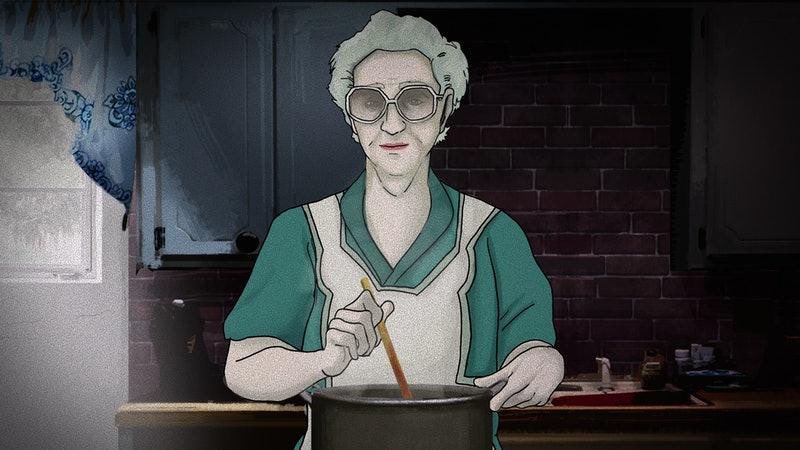By Charles Desrochers
The urge to sing can be strong and sometimes humming a melody in the shower may suffice, but for some people the only way to feed this impulse is to get on a stage and perform.
That could be why there are four a cappella clubs at Central Connecticut State University, and there may have been more.
“Our advisor has said, ‘Four groups is the cap,’” says Michael Brown, the director of DIVISI, the all male group. “So there’s not going to be any more groups but the groups themselves seem to get enlarged.”
It may seem redundant to have so many groups, but their styles differ, even when they perform the same song.
“With TGFI (Too Good For Instruments), they are an all-female group and we’re co-ed. So no matter what, they’re not going to have girls going way down the octave singing low F,” says Michelle Kayser, director of the co-ed group The Right Frequency (TRF), about the two clubs both performing the song ‘Falling Slowly.’
“So no matter what, the arrangements are going to be different….Different people have different visions for what they do and how they arrange pieces,” Kayser says.
ACAbellas and DIVISI were the original groups founded in 2005 followed by TRF in 2006 and TGFI in 2007. The Central Connecticut A Cappella Society was formed in 2005. Students not in one of the groups can still join the CCAS.
“The goal,” Brown says, “was to spread a cappella music. Central really didn’t have an outlet for a cappella like Tufts University in Massachusetts, their a cappella groups have been around for 30-40 years.”
“The society as a whole is great. It’s awesome to have so many groups, because we all have our own style and flair, which makes it more interesting,” wrote ACAbella’s assistant director, Darcey Lovell, in an email. “It’s really one big community of people who all have a common goal to have fun and to make great music together. Each ensemble likes to show up as a group to support the other ensembles in their performances. We work together in things like fundraisers and collaborations like our welcome back concert each semester.”
That’s not to say that there isn’t competition amongst the four.
“If I go to the TGFI show, and they blow it out of the water and our show is the next week, I’ll get back to rehearsal and go, ‘Listen guys, we’ve got to step it up because these guys just rocked my face off and we need to be better then that,’” says Brown. “Any group is going to want to be better than the last group they saw.”
Each of the groups tries to offer their own style. DIVISI does more gospel. Brown says that having 12 men gives them an opportunity to sing songs that have more power. ACAbellas, Lovell says, will sing anything from Disney classics to modern pop. TRF, Kayser says, is the only group that can execute all four parts, soprano, alto, tenor and bass, because they are co-ed.
Kayser says, “When you are all female or all male you are limited in a certain range and it’s nice for us because we like to branch out and expose our ranges.”
As well as being the only co-ed group on campus they also became the first group to have a member whose soul responsibility is beat boxing, something that Kayser calls “liberating.”
“Our beat boxer in our group would also double as one of our bass voices. So it was difficult at times because if he was beat boxing we would lose that voice,” she says.
Most of the groups have beat boxing but they also double as vocalists. DIVISI has several but won’t use beat boxing where it isn’t necessary.
For updates on upcoming concerts check CCSU Today.
Interviews by Charles Desrochers:
Michael Brown (DIVISI)
[podcast]http://www.centralrecorder.com/audio/MikeBrowninterview.mp3[/podcast]
Michelle Kayser (The Right Frequency)
[podcast]http://www.centralrecorder.com/audio/MichelleKayserinterview.mp3[/podcast]





